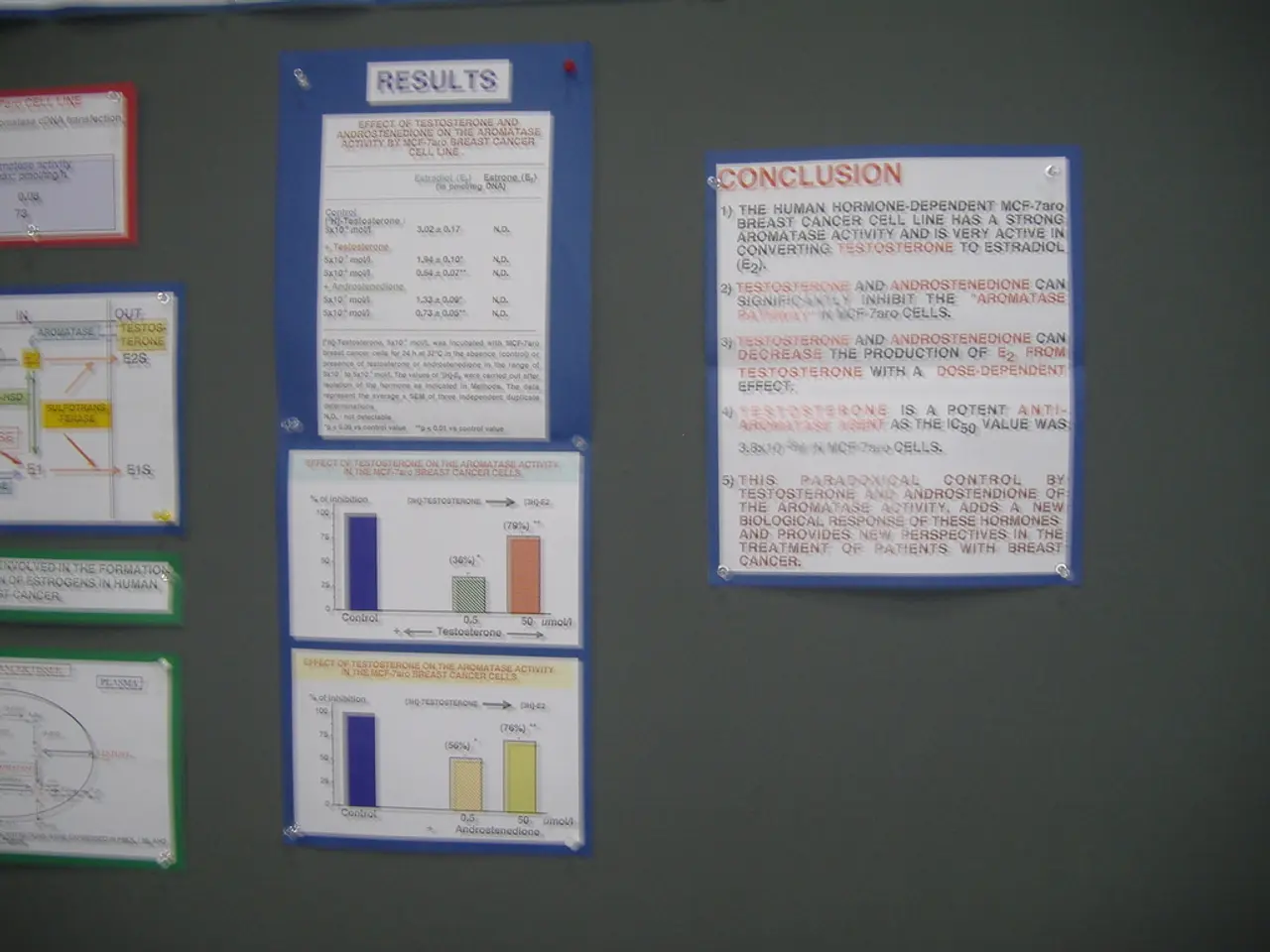The Central Government will ease the financial burden on Regional Administrations regarding tax obligations.
Title: Federal Government's Economic Stimulus Plan: Breaking Down the Details
Date: June 19, 2025, 00:44 AM
The lowdown:
The federal government, in collaboration with states, have agreed on a stimulus package to jumpstart the ailing economy. The relief measures will be finalized by a working group. The Chancellor, Friedrich Merz, clarified that tax relief will come with a delay.
Bundestag to Approve Stimulus Plan:
The Bundestag will hold a vote next week to approve the stimulus plan, which includes incentives for economic investments through extended tax depreciation options for machinery and electric vehicles, and a gradual decrease in corporate tax rate from 2028. This plan is expected to lead to revenue losses for all levels of government.
Tax Revenues Impact:
Municipalities are estimated to lose 13.5 billion euros, states 16.6 billion, and the federal government 18.3 billion euros - a total of around 48 billion euros. Chancellor Merz explains that the planned tax relief will have a delayed effect, and higher tax revenues may be expected with increased economic growth. However, during this transition period, the federal government will provide assistance to states and municipalities.
State Leaders Speak Up:
Saxon Prime Minister, Michael Kretschmer (CDU) considers the current situation an interim step, with further negotiations necessary. Thuringia's Minister-President, Mario Voigt (CDU), expresses satisfaction with the negotiating success, emphasizing a quick clarification of details for the stimulus plan. The funds will be invested in improving social infrastructure, education, and digitization.
Audio Bites:
Listen to the Federal-State meeting on the investment booster Source: Mitteldeutscher Rundfunk
Mario Voigt: "Important Negotiating Success for States and Municipalities" Source: Mitteldeutscher Rundfunk
What's Next?
After the Bundestag vote, the law heads to the Bundesrat for final approval on July 11. Both the federal government and states are eager to avoid delays and mediation committee involvement, which would slow down implementation.
SALT Deduction Caps:
The federal government's new tax reform bill includes changes to the SALT deduction cap limit, but no specific plan for compensating states for tax losses directly related to the investment program is mentioned [1][4].
What's the Deal?
The federal government's plan for compensating states for their tax losses in the stimulus package is yet to be explicitly meticulously detailed in the 2025 tax legislation summaries.
[1] Tax Cuts and Jobs Act[4] Tax Reform 2.0 Act
- Stimulus plan to bolster the economy is approved; details to be finalized by a working party.
- Bundestag will decide on the plan next week.
- Chancellor Merz states that the tax relief has a delayed effect.
- States and municipalities face revenue losses, with municipalities expected to lose approximately 13.5 billion euros.
- State leaders stress the importance of swift implementation for the stimulus plan.
- SALT Deduction Caps and investment-related tax provisions are modified, but direct compensation for state tax losses is not explicitly mentioned in the tax legislative summaries [1][4].
- In the context of the Federal Government's Economic Stimulus Plan, the business and politics sectors are closely monitoring the planned tax relief, which is expected to have a delayed effect according to Chancellor Merz, potentially leading to increased tax revenues with future economic growth.
- The new tax reform bill introduces changes to the SALT deduction cap limit, but there is no explicit detail in the 2025 tax legislation summaries regarding the federal government's plan for compensating states for tax losses directly related to the investment program. This is a point of general-news interest, as such compensation could have significant financial implications for state governments and the overall economy.




